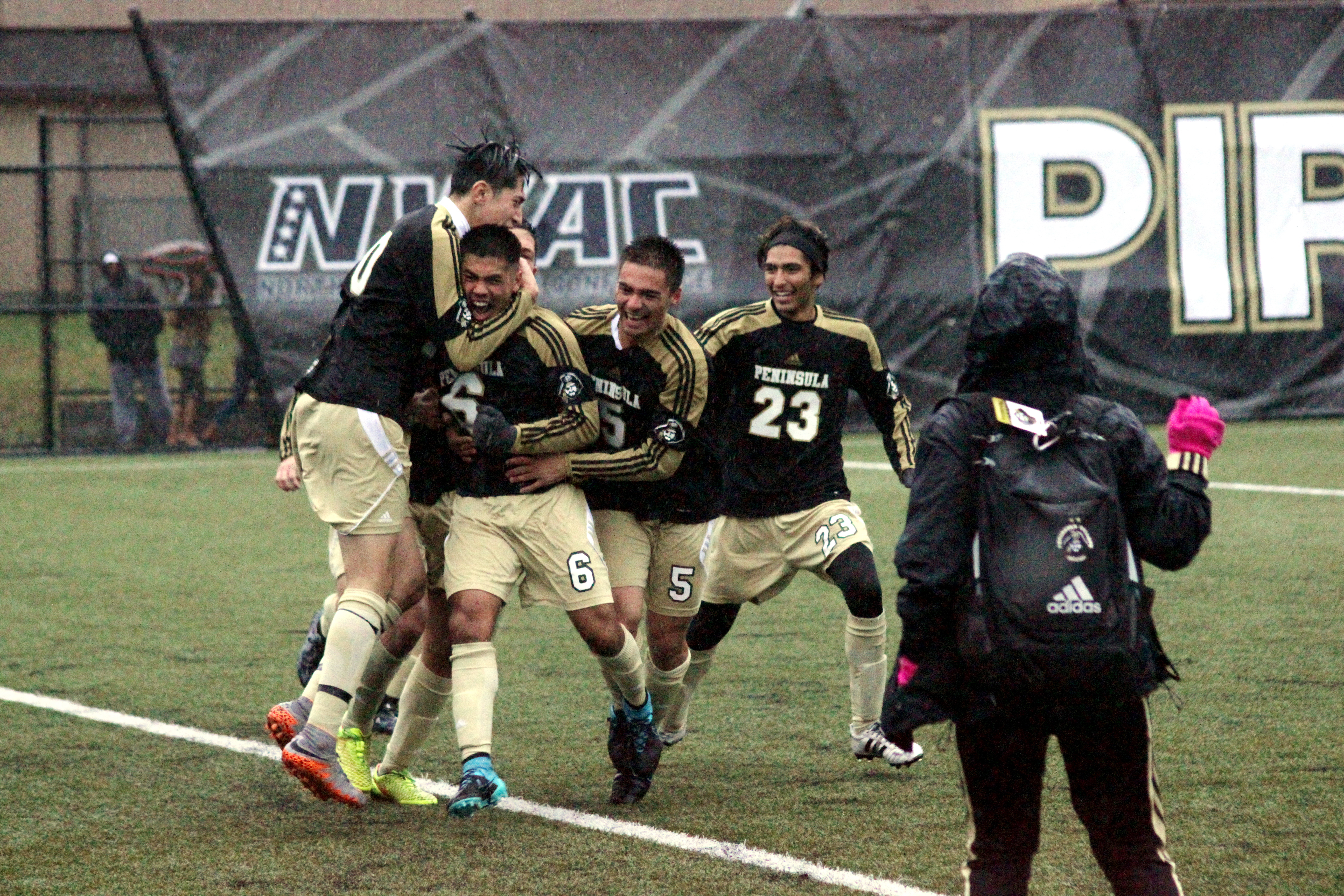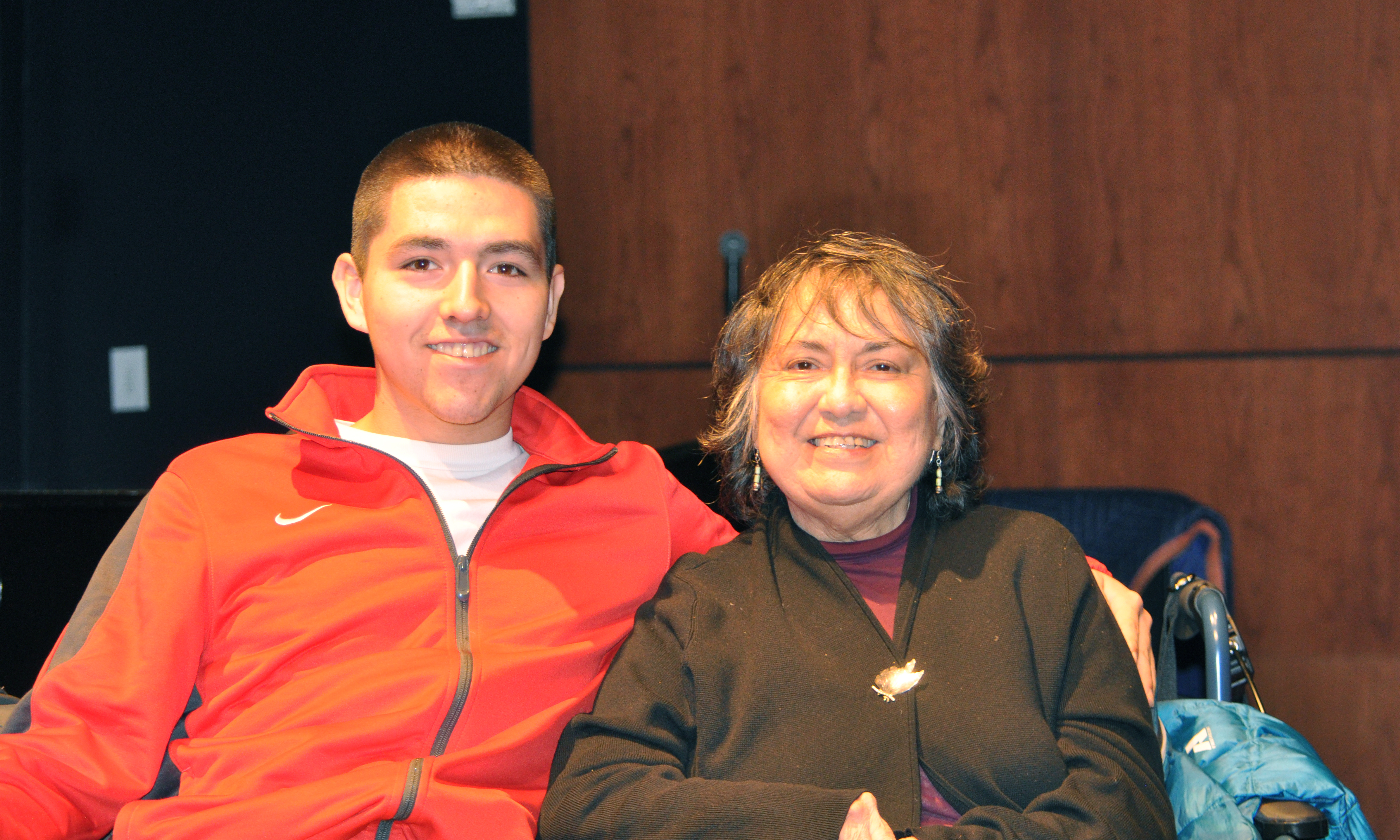By Emma Bankson, Jelissa Julmist and Chris Urquia
Dr. Steven L. Danver arrived during the 2024 winter quarter at Peninsula College accepting the position of Dean of Arts & Sciences. Dr. Danver has a wide range of studies, experience, and culture. Getting to know the background of Dr. Danver shows how valuable a resource he is with a track record of accomplishments intended for the greater good.
Emailed Interview questions for the new Dean of Arts & Sciences Dr. Steven Danver
What is the importance of religious/historical studies outside of an academic setting?
That’s a great question. Academic subjects like history and religious studies have struggled at many colleges in recent years, as the emphasis has been so heavily on STEM fields and career preparation. That emphasis is not a bad thing, as those fields are increasingly necessary with the advances we’ve seen in recent years in technological areas, such as the emergence of generative AI.
However, I believe the skills gained in fields like history and religious studies are becoming increasingly important in the context of those very technological advancements. Even more than the skills gained in fields like history and religious studies – such as critical thinking, working together with others, etc. – they help us to see others from a perspective outside of our own. That is something that’s been lacking in much of our recent social and political dialogue. Learning about other religions and societies, as well as what people have done in dealing with similar issues in history, helps us understand one another better, opening us up to perspectives that we might not have considered on our own.
What led you to move from religious studies to historical studies?
I don’t know that my interests have moved that much – I’m still interested in both areas – it’s more that my world expanded. When I was working in religious studies, my interest in that was always primarily historical, focusing on the history of religious movements in the United States. But my academic emphasis did migrate toward Native American history, and for a very important reason. Shortly after I started graduate school, I was primarily studying American Indian religious movements. However, I had a number of conversations with a well-known Native thinker and historian named Vine Deloria, Jr. that changed my perspectives. What he taught me was that as a non-Native scholar, I needed to take care in thinking through my motives and the ramifications of what I studied, to ensure that it was not just out of idle curiosity but would be something that worked together with Indigenous people to benefit them. That’s why I started to focus on natural resources – an area where Native nations had a long history, and where I could comment on the relationships between tribes and the federal government in a way that would help the tribes tell their stories.
As a historian and an academic, do you believe history repeats itself and do you have concerns about the future of the United States, given your understanding of the past?
History plays out in infinite ways, so strictly speaking I don’t believe that history ever “repeats itself.” There are always different contexts to events and ideas across history and to the present day. That said, as Mark Twain supposedly quipped, “history doesn’t repeat itself, but it often rhymes.” Which means that although the context is always going to be different, there are things we can learn from how people in the past dealt with situations that can inform us on what might or might not work well in dealing with the issues we face today. There have been plenty of times in the past where American society seemed as divided as it does today…I’d venture to say that it always has been. The issues are often different, but the divisiveness of them remains. I think that having concerns about the future of the United States is almost universal today…though what the main areas of concern are differs dramatically between different groups of people today. This is where building the understanding I was referring to in discussing the relevance of fields like history and religious studies is incredibly necessary. When people invest the time and effort it takes to understand each other, many of the differences may remain, but we gain the ability to empathize and work together toward common goals. That’s a tough thing to achieve when people are so polarized, but it is, in the end, what gives me hope for the future.
How can we ensure the accuracy of historical events considering contemporary disputes over current events?
I see those as two separate but related, questions. The “accuracy” of historical events is always a moving target. As historians, you’re often working with sources that are very old, of dubious accuracy, and sometimes biased. If it’s more than a generation in the past, you rely on written sources or oral traditions passed down. Historians who are doing their work are doing what lawyers do: finding as many sources as possible to cross-verify the details of what occurred. They also do what scientists do: form a hypothesis about what it means, try to prove it with evidence, and revise the hypothesis if new evidence comes to light. When we’re talking about current events, we often look at and interpret them though our own personal lenses. Sometimes that leads us to trust accounts that may not be accurate. We fall victim to confirmation bias, where we are predisposed to believe an interpretation if it reinforces what we already believe. This is why the historian’s skills – a commitment to evidence and a clear-eyed analysis – are more in need now than ever.
In a few sentences, how would you describe the relationship between Native American Tribes and American Environmental Policy?
That relationship is perilous because the power dynamics involved are always favoring non-Native societal and political goals. That was the case during the 19th century, the 20th century, and it still is today. Even as American Indian policy has changed to favor self-determination for tribes, at the end of the day, the Bureau of Indian Affairs (BIA) is still under the umbrella of the Department of the Interior (DOI). This creates a situation where the goals of the BIA are often at cross purposes with the DOI, of which it is a part. And when it comes time for Congress to appropriate funding for projects, those benefitting tribes are at a significant disadvantage as compared with projects that benefit non-Indian development.
When writing “The Encyclopedia of Water Politics and Policy in the Unites States” was there a certain project out of the approximately 250 that stood out?
When I think of the politics of water, my thoughts inevitably focus on the American Southwest. The ancient peoples who inhabited the region before Euro-Americans arrived survived because they harnessed the scarce water of the region in creative and innovative ways. So, the parts where I looked at the Pueblo Indian tribes of Northern New Mexico and the ways that they’ve utilized water historically, worked to ensure they could be guaranteed an equitable share of water alongside non-Indian settlement, and creatively used government bodies and the courts to their advantage left the biggest impression on me.
You’ve taught at numerous colleges and universities. Is there any place you’ve taught that left a lasting impression on you?
I grew up spending a lot of my time on a community college campus, since my father worked at one for a significant portion of his career. And my first teaching job after graduate school, at Santa Barbara City College, has always held a special place for me. There were other professors there from whom I learned a lot about being student focused. It was there that I first learned about the dedication that community college students bring to their studies. Though I’ve taught at many types of colleges, the community college is always the place where I felt like I could do the most good for students.
How will your new position at Peninsula College impact the education and the day-to-day life of students?
Peninsula College is already a very special place. That has been clear to me since the first time I set foot on campus. Many of the programs PC features are unique, as is the place PC holds as a cultural hub of the region and the relationships it has with the six Native nations that call the Olympic Peninsula home. But first and foremost, I chose to come to PC because I wanted to be in a place where I could devote my attention to enhancing the ways that the college impacts students’ lives and the communities of which they are a part by helping them meet their goals. I am passionate about equity, inclusiveness, and innovation, particularly in serving students. My goals at PC are to foster student success, community engagement, and academic excellence. So how does that impact the day-to-day life of the student? It means that I am going to do everything in my power to ensure that the success of students is the main priority in everything we do.
What are you hoping to accomplish during your employment at Peninsula College?
The biggest priority for my time at Peninsula is to do everything I can to enable students to thrive, faculty to excel in teaching students, and the community to benefit. As a part of that, I want to help equip students to meet the academic standards they’ll encounter when they transfer to four-year universities. By providing innovative teaching methods and nurturing faculty development, we can ensure that all students, including Indigenous learners, receive a high-quality education that prepares them for success. Another priority is championing diversity, equity, and inclusion within the college, which emphasizes that everyone has a seat at the table. Through a curriculum that is informed by Indigenous knowledge and a welcoming campus climate, we can create an environment where both Indigenous and non-Indigenous students are valued and empowered to thrive. Finally, I prioritize building strong partnerships with local organizations and community members to address pressing issues and effect positive change. By working collaboratively, Peninsula College can be a place where we can leverage our collective resources as a community to make a tangible difference in the lives of the students and community we serve.
In your opinion, is there one book that every person should read?
It’s tough for a historian to narrow that down to just one book! But if I had to choose just one, it might be Roxanne Dunbar-Ortiz’s An Indigenous Peoples’ History of the United States. If everyone were to read it, we would gain a better understanding of American history by delving into the experiences and viewpoints of Indigenous peoples and a deeper appreciation of the complexities and consequences of colonization, conquest, and the treatment of Indigenous communities. It would promote critical thinking and historical awareness by challenging commonly held narratives and revealing historical omissions and erasures. Good history like this can foster empathy, understanding, and solidarity with historically marginalized communities, inspiring us to advocate for positive change and contribute to reconciliation efforts.
more of Dr. Steven L. Danver:
Steven Danver | Peninsula College (pencol.edu)
(11) Steven L. Danver, Ph.D. | LinkedInhttps://www.linkedin.com/in/sdanver/



